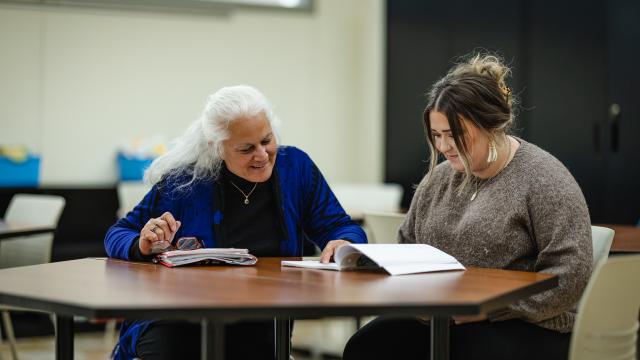Get a high-quality online education that’s relevant to your career. You’ll have the flexibility to study on your own time and receive the personalized attention you expect from a small private university.
Alvernia offers 14 fully online undergraduate and graduate programs in business, education, healthcare, and the social sciences.



